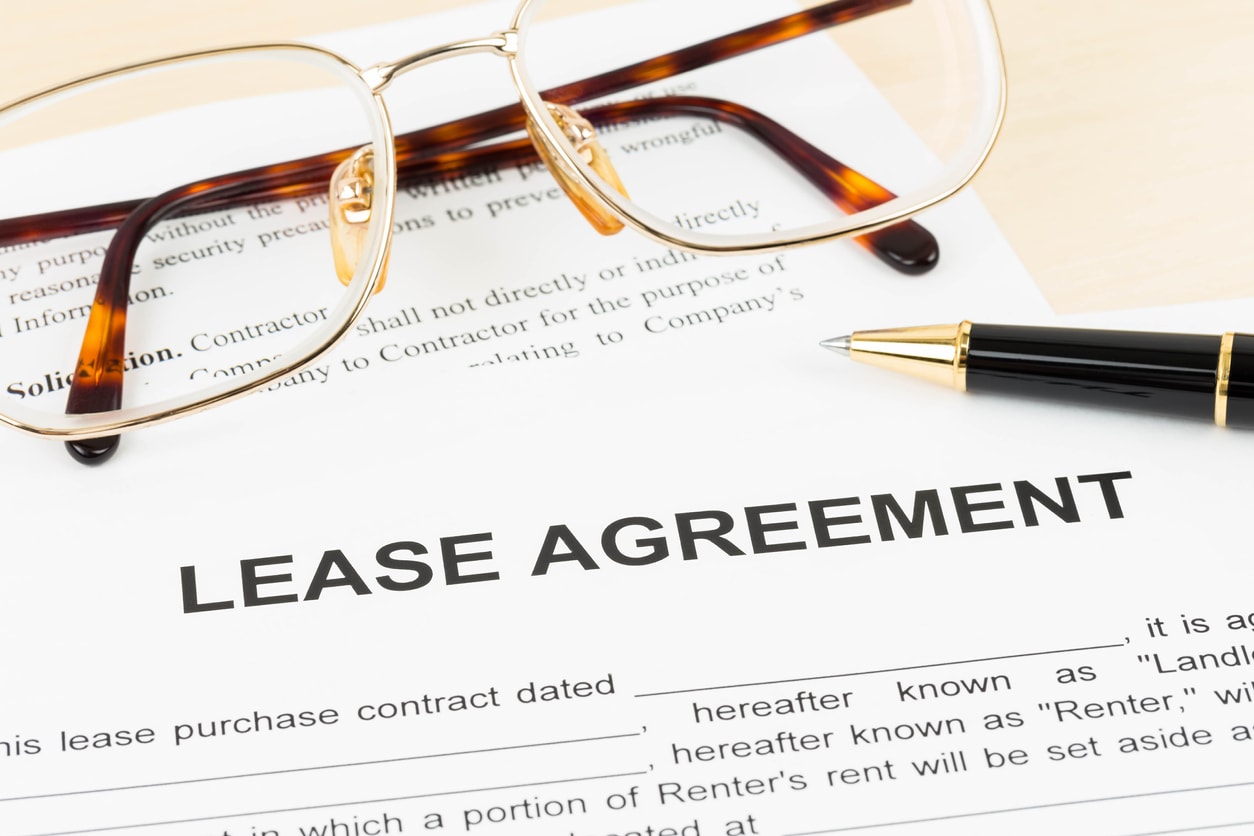
A rental agreement is a legal contract setting the rules landlords and tenants agree to follow in their rental relationship, as well as a document full of crucial business details. The agreement must cover the basic terms of the tenancy.
When you’re looking to seal the deal on your new apartment or home, it can be easy to skim the rental agreement and assume that everything you discussed with the property manager will be within the rental agreement. This is not always the case. Read through your rental agreement carefully and make sure that you know exactly what will be asked of you in the following areas.
Rent
Your rental agreement should specify the amount of rent, when it is due (typically, the first of the month), and how it’s to be paid, via online deposit, mail, or office drop off. Details must be as clear as possible to avid discrepancy.
Recommended specificities to agree upon:
- Acceptable payment methods (such as personal check only).
- Whether late fees will be due if rent is not paid on time, the amount of the fee, and whether there’s any grace period.
- Any charges if a rent check bounces.
Make sure that there aren’t any clauses about rent hikes hidden in the fine print! If your rent goes up, it shouldn’t be a surprise.
Deposits and Fees
The use and return of security deposits is a common source of friction between landlords and renters. Avoid confusion and legal hassles, by making sure your rental agreement is clear on the limit, use and return of deposits, including:
- The dollar amount of the security deposit.
- When and how deposits will be returned after moving out.
- Any legal nonrefundable fees, such as for cleaning or pets.
Details on where the security deposit is being held and whether interest on the security deposit will be paid should be discussed.
Repairs and Maintenance
Understand your responsibilities for repair and maintenance including:
- Keeping the premises clean and charges that may be due for damage.
- Disclosing defective or dangerous conditions in the rental property, with specific details on repair requests.
- Restrictions on repairs/alterations, such as adding a built-in appliances, installing an alarm system, or painting walls.
Prohibited Activities
Understand what behavior is prohibited and what is considered “disruptive”, such as excessive noise and illegal activity.
Be clear on the on landlord’s legal right of access to the property – for example, to make repairs. It should be known how much advance notice will be provided before entering.
Other Considerations
Rental agreements must comply with all relevant laws including rent control ordinances, health and safety codes, occupancy rules, and anti-discrimination laws.
A rental agreement must also act in accordance with:
- Setting security deposit limits.
- Notice requirements for entering rental property.
- Tenants’ rights to sublet/bring in additional roommates.
- Rules for changing or ending a tenancy.
- Specific disclosure requirements such as past flooding in the unit.
Parking regulations and use of common areas should be stated in the rental agreement.
Do you have a pet? Make sure your rental agreement is clear on the subject. If pets are allowed, any restrictions or maintenance requirements should be specified.
Every rental document should state whether it is a a fixed-term lease or running from a month-to-month basis. How long you are looking to stay and how much flexibility you need?
Will you need Renters Insurance during your stay? That should also be outlined in your rental agreement. But even if your building does not require it, you should always secure coverage. The last thing you want is to be liable for damages in the event of an unexpected disaster.
About Sine Insurance
At Sine Insurance Group, we are dedicated to providing you with custom-tailored insurance policies to protect your assets. Our comprehensive packages have been expertly crafted to serve St. Louis and the surrounding areas for the past 25 years. For more information about our products, contact us today at (636) 947-1177.

